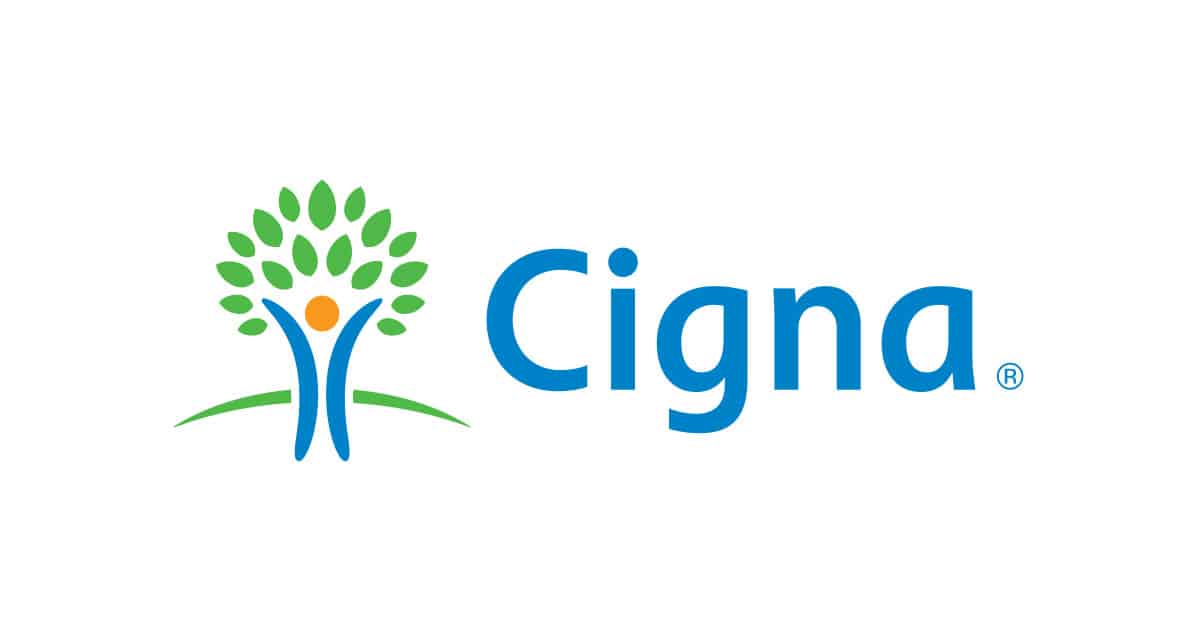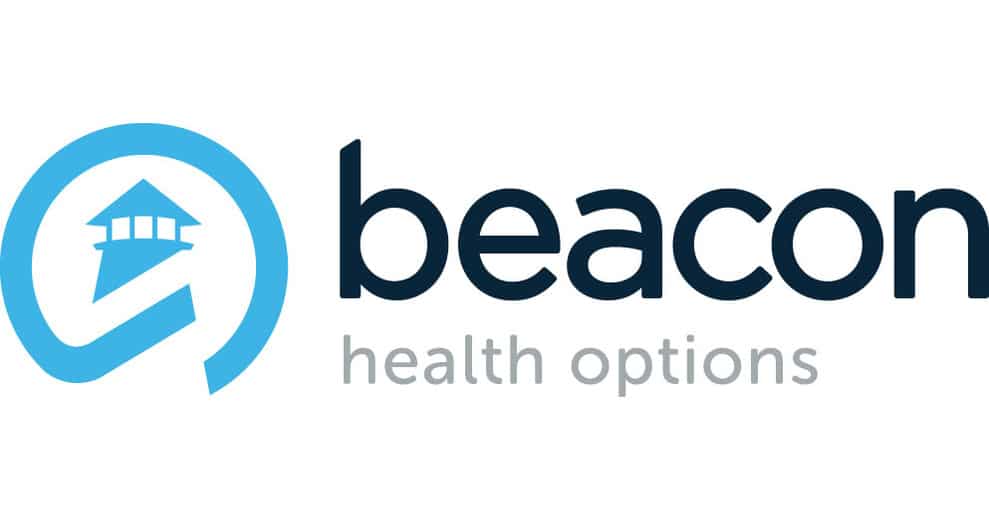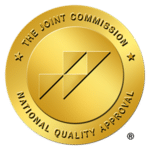Table of Contents
West Georgia Wellness Center offers premier thought disorder treatment in Atlanta, transforming lives. Navigating daily life can become an uphill battle without stable mental health, and this becomes especially apparent when dealing with thought disorders. These encompass mental health challenges like schizophrenia and schizoaffective disorder. Our expert medical and psychological teams assist both the affected individual and their loved ones in comprehending their mental state. The journey to wellness is then paved through an integrated approach of therapies and medications.
What Are Thought Disorders?
Thought disorders, spanning a wide spectrum of mental health challenges, are characterized by obstacles in cognitive performance and articulating thoughts. Individuals often encounter difficulties in communication, maintaining coherent thought processes, and even in written expression. Unfortunately, these disorders can sometimes go undetected or be misdiagnosed. However, with the right expertise, such as that offered by seasoned professionals at West Georgia Wellness Center, an accurate diagnosis can be made.
Thought disorders treatment in Atlanta, provided by the center, offers a comprehensive approach. Once diagnosed, a tailored treatment plan is crafted to address specific symptoms, with the aim to enhance overall mental well-being. While a complete cure might be elusive, the expert interventions and medications provided empower individuals to effectively manage their condition, leading them towards a life filled with purpose and satisfaction.
Types of Thought Disorders
There are several thought disorders, with schizophrenia and schizoaffective disorder being primary. Over 20 sub-types further complicate accurate diagnoses. Professionals specializing in treating thought disorders undergo rigorous training to identify these specific mental health challenges.
Schizophrenia distorts an individual’s grasp on reality, leading them to behave unpredictably. Common symptoms include both visual and auditory hallucinations. Convincing someone with schizophrenia that their delusions aren’t rooted in reality can be a monumental task. This complex disorder may stem from genetic factors, anomalies in brain chemistry, intense stress, or the consumption of hallucinogenic drugs.
Schizoaffective disorder, while sharing traits with schizophrenia, stands distinct. Individuals with this disorder grapple with hallucinations, delusions, and struggles in processing and expressing emotions. Uniquely, schizoaffective disorder intertwines with symptoms of mood disorders. It bifurcates into two sub-types: the depressive variant, characterized by episodes of severe depression without mania, and the bipolar variant, manifesting symptoms of both depression and mania.
Signs and Symptoms of Thought Disorders
People grappling with thought disorders manifest various symptoms. Recognizing these signs is vital for professionals to diagnose and treat the condition effectively. Common indicators of thought disorders encompass:
- Challenges in concentrating or sustaining a conversation
- Incoherent or nonsensical speech
- A monotonous tone while communicating
- Trouble articulating thoughts or expressing emotions
- Isolation and difficulty interacting with others
- Hallucinations, particularly visual and auditory
- Delusions, including grandiose beliefs
- An impaired grasp on reality
- Overthinking and paranoia
- Reckless, impulsive, or dangerous behaviors
- Motor behaviors, like pacing or rocking
- Mood fluctuations, encompassing depression, hopelessness, euphoria, and moodiness
- Angry outbursts or grandiose behavior
- Substance misuse, including drugs or alcohol
- Challenges in maintaining employment, living autonomously, or cultivating meaningful relationships.
Recognizing these signs is the first step towards seeking professional treatment for thought disorders.
Risk Factors for Thought Disorders
Individuals seeking treatment for thought disorders often question the origins of their mental health challenges. While there isn’t a single identified cause, several contributing factors exist. Genetics, for instance, can influence the onset of mental health disorders. Individuals with a familial history of thought disorders have an elevated risk.
Moreover, those with mood disorders, encompassing depression and bipolar disorder, face a higher likelihood of acquiring a thought disorder. Traumatic brain injuries can also potentially lead to the development of these disorders.
Causes of Thought Disorder: A Comprehensive Look
Thought disorders, which distort an individual’s thinking patterns and expression, have intrigued and concerned mental health professionals for years. But what actually causes these disorders? Delving into the causes can provide a clearer understanding and guide treatment approaches.
Genetic Predisposition
One of the primary factors associated with thought disorders is genetics. If a family member has a history of a thought disorder, such as schizophrenia, there is an elevated risk for other family members. Studies have shown that specific genetic markers might predispose certain individuals to these conditions.
Neurochemical Imbalances
The brain is a complex organ governed by a balance of chemicals, or neurotransmitters. An imbalance in neurotransmitters, such as dopamine and serotonin, has been linked to various mental health disorders, including thought disorders.
Structural Brain Abnormalities
Using advanced imaging techniques like MRIs, researchers have identified structural differences in the brains of individuals with thought disorders. For instance, some might have enlarged ventricles or other anomalies that can impact cognitive function.
Traumatic Events and Stress
Experiencing traumatic events, especially during formative years, can significantly impact brain development and function. Prolonged exposure to stress or a singular traumatic incident might act as a triggering factor for the onset of thought disorders in predisposed individuals.
Early Developmental Issues
Factors during prenatal and neonatal stages, like exposure to viruses or malnutrition, have been associated with a heightened risk of developing thought disorders later in life.
Substance Abuse
The misuse of drugs, especially hallucinogens or stimulants, can exacerbate or even trigger thought disorders. Chronic substance abuse can alter brain chemistry, making an individual more susceptible.
Coexisting Mental Health Disorders
Individuals with mood disorders, such as depression or bipolar disorder, can be at a higher risk of developing thought disorders. The interconnectedness of mental health conditions often makes it challenging to pinpoint a singular cause.
Understanding the causes of thought disorders is pivotal for early detection, diagnosis, and effective treatment. While the exact cause might vary from person to person, recognizing the potential triggers and risk factors can aid in prevention and intervention. If you or a loved one is displaying symptoms of a thought disorder, seeking guidance from professionals, like those at West Georgia Wellness Center, is crucial.
What Is the Duration of Thought Disorder Treatment in Atlanta?
At West Georgia Wellness Center, the duration of treatment for thought disorders is customized based on the unique needs of the individual, any co-existing mental health challenges, and their progress toward established goals. Our treatment recommendations, including the appropriate length of stay, are determined by what is most beneficial for each patient. As individuals prepare to transition from our center, we equip them with a detailed aftercare plan to guarantee sustained assistance and support.
Treatment of Thought Disorders
Though thought disorders may not have a straightforward cure, effective management techniques can significantly improve the quality of life for individuals affected by them. The choice of treatment often depends on factors like the individual’s medical and psychological history, their level of motivation, past treatment outcomes, and the support system available to them, including family and friends.
Medication is a fundamental component in treating thought disorders. Depending on the specific condition and its severity, antipsychotics, antidepressants, and mood stabilizers are often prescribed. These medications are tailored to the individual’s needs, with types and dosages adjusted for optimal benefit.
Psychotherapy offers a range of techniques beneficial for thought disorder treatment:
- Cognitive-Behavioral Therapy (CBT): This approach helps individuals recognize and challenge distorted thinking patterns, providing them with skills to alter negative thought cycles and improve problem-solving.
- Individual Therapy: Conducted one-on-one with a therapist, this therapy offers a safe space for individuals to discuss their experiences, feelings, and fears. The therapist provides personalized strategies to cope with and manage symptoms.
- Group Therapy: This offers patients a platform to share their experiences and coping techniques with others facing similar challenges. It fosters a sense of community and mutual support, which can be immensely therapeutic.
Family Therapy plays a crucial role in the comprehensive treatment of thought disorders in Atlanta, GA. By educating families about the specific disorder, its implications, and coping mechanisms, therapists help create a nurturing environment. This support system becomes integral for the individual’s progress and ensures they have the necessary assistance and understanding at home.
Incorporating a multifaceted approach that combines medication, diverse therapeutic techniques, and strong family support often yields the best outcomes in managing thought disorders and enhancing individuals’ overall well-being.
Benefits of Residential Treatment for Thought Disorders in Atlanta
Receiving residential treatment for thought disorders in Atlanta offers numerous advantages to individuals and their families coping with these complex mental health challenges. Firstly, a significant relief for many is the provision of an accurate diagnosis. Often, those with a thought disorder and their families are left in the dark, unsure of the underlying issue. The journey to recovery in a residential setting begins with a comprehensive assessment to accurately pinpoint the specific disorder at hand.
Following this, a holistic treatment plan is tailored for the individual. Such a plan takes into account various factors like the duration of the illness, the nature of symptoms, and the patient’s capacity to participate actively in their healing process. Being in a residential facility means continuous care and observation, ensuring optimal treatment outcomes. Families and loved ones can also be integrated into the treatment process, equipping them with the knowledge and tools needed to support the patient both during and post-treatment.
Medication management is a crucial aspect of treating thought disorders. In a residential setting, individuals benefit from close medical supervision. They receive evaluations to determine the most effective medications for their unique challenges. Moreover, with doctors or psychiatrists on-site, medication efficacy is continuously monitored, enabling swift adjustments in response to any side effects or evolving needs. This intensive approach ensures that individuals get the best possible support on their path to recovery.
Thought Disorder Treatment in Atlanta at West Georgia Wellness Center
Are you or a loved one grappling with a thought disorder? Understanding and seeking the best treatment path can be crucial. West Georgia Wellness Center has designed a program dedicated to thought disorder treatment, aimed at educating individuals about these intricate illnesses. Our goal is to guide individuals in alleviating their symptoms and unlocking their full potential. Our team of mental health professionals deeply understands the complexities and challenges of thought disorders. With this insight, they’re equipped to communicate effectively with patients and empower them towards wellness.
For more information on how we address thought disorders and promote mental well-being, please visit our admissions page or call us today at 470-347-1705. We’re here to assist you on this journey.














